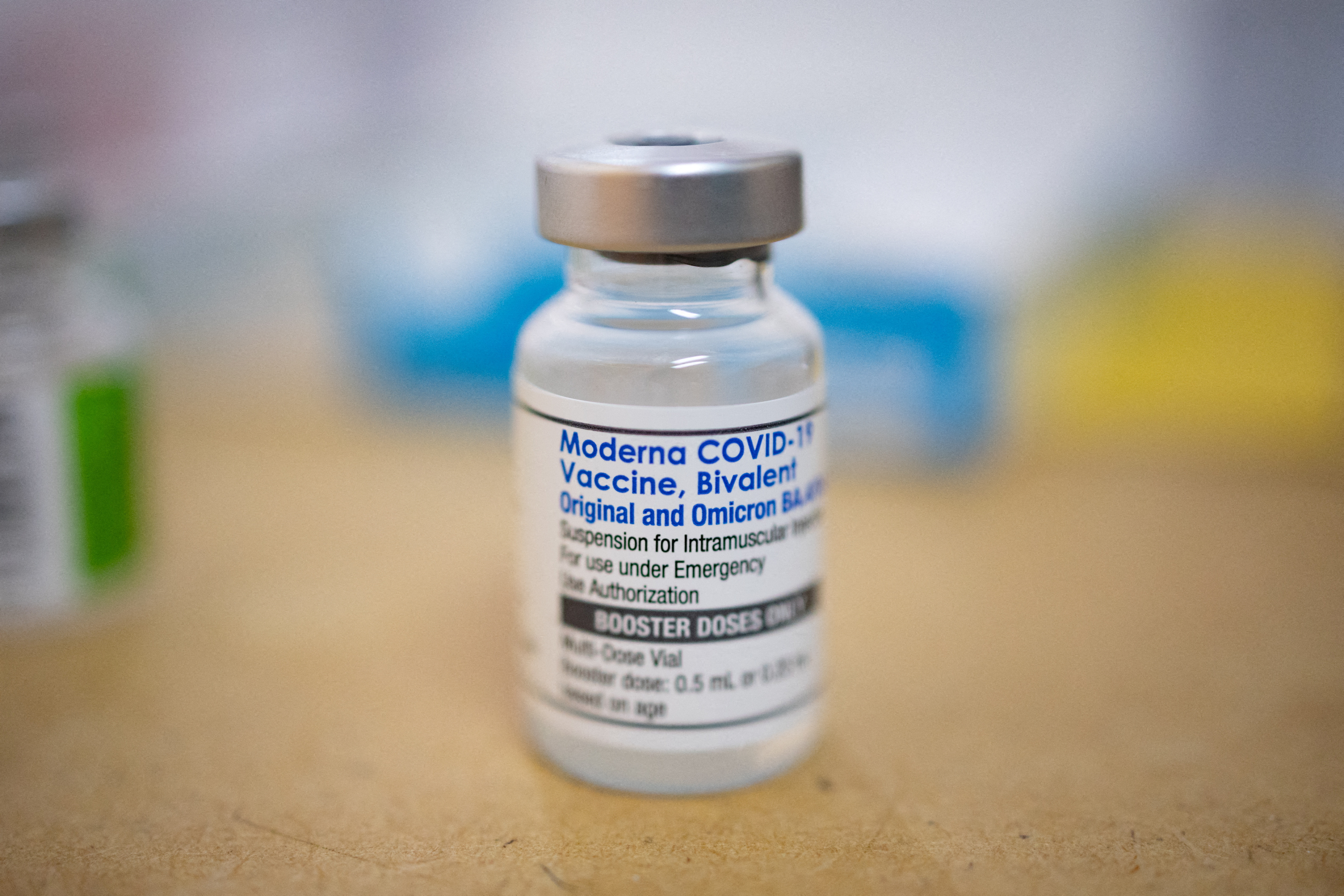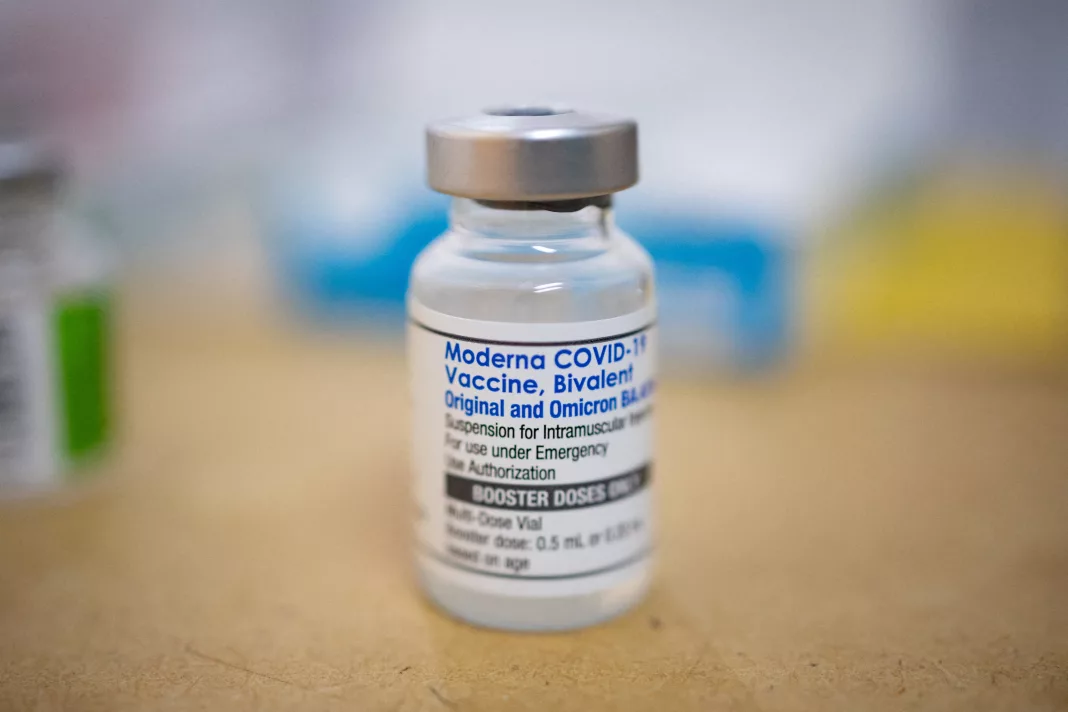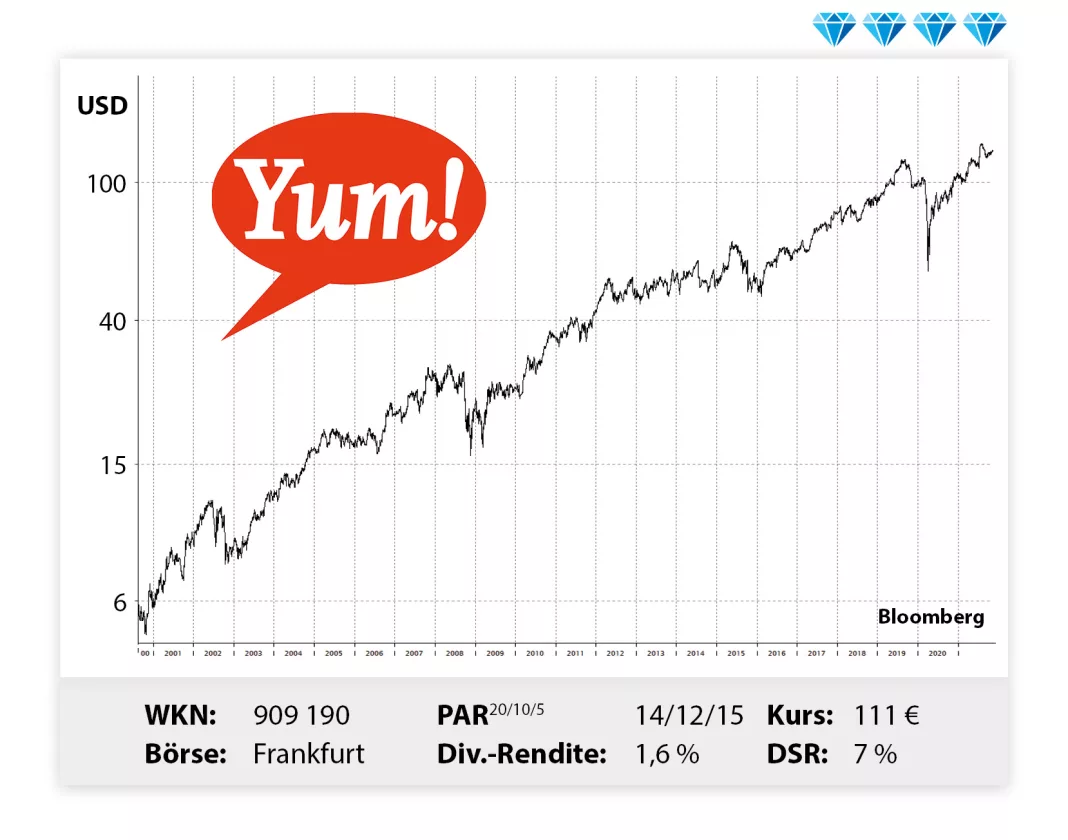 Pfizer, one of the leading pharmaceutical companies in the world, has reported a significant decline in profits due to lower sales of its COVID-19 vaccine and antiviral treatment. The company’s profit fell by 44% in the first quarter of this year compared to the same period last year, with net income dropping from $5.5 billion to $3.1 billion.
Pfizer, one of the leading pharmaceutical companies in the world, has reported a significant decline in profits due to lower sales of its COVID-19 vaccine and antiviral treatment. The company’s profit fell by 44% in the first quarter of this year compared to the same period last year, with net income dropping from $5.5 billion to $3.1 billion.
The decline in profits can be attributed to a sharp decrease in sales of Pfizer’s COVID-19 vaccine, Comirnaty, and its antiviral treatment, Paxlovid. In the United States, COVID-19 vaccine sales fell by 64%, while in other countries, the decline was even more significant at 91%. Overall, worldwide sales of the vaccine plummeted by 88%. Similarly, Paxlovid sales declined by 50% globally, with an 89% decrease in other countries.
However, it’s not all bad news for Pfizer. Excluding the COVID-19 vaccine and antiviral treatment, the company reported an 11% operational revenue growth for its non-COVID products in the first quarter. This demonstrates Pfizer’s focus on commercial execution and highlights its ability to adapt and thrive in a challenging market.
Despite the decline in sales, Pfizer remains optimistic about its future earnings. The company has raised its annual earnings forecast, which exceeds Wall Street estimates. This increase is primarily due to cost-cutting efforts and stronger-than-expected sales of Paxlovid. Although Paxlovid sales fell by 50% in the first quarter, they still surpassed analysts’ expectations. Pfizer also maintains its projection of $8 billion in combined sales of its COVID-19 products for the year.
However, there are risks and uncertainties associated with Pfizer’s earnings forecast for COVID-19 products. As the market becomes endemic and seasonal, demand for these products may continue to decrease or fail to meet expectations. This could result in reduced revenues and excess inventory.
In terms of Pfizer’s stock performance, shares rose by about 4% following the announcement of its adjusted profit of $0.82 per share, which exceeded analysts’ expectations. This is a positive development for the New York-based drugmaker, whose shares had previously lost approximately 11% of their value this year.
While Pfizer’s COVID-19 vaccine has been deemed safe and effective by health officials, there have been concerns regarding adverse reactions reported by vaccinated individuals. Common adverse events include fever, fatigue, and general discomfort. The Centers for Disease Control and Prevention (CDC) has acknowledged heart muscle inflammation and inflammation of the lining outside the heart as known side effects of Pfizer’s mRNA COVID-19 vaccine.
Clinicians treating persistent vaccine adverse reactions believe that the COVID-19 spike protein is the leading cause of such injuries. Spike proteins exist on the surface of the SARS-CoV-2 virus and are also induced by mRNA vaccines. These spike proteins can potentially cause damage through various pathways, including immune dysregulation, mitochondrial dysfunction, and blood clotting.
Recent reporting has raised concerns about the safety of Pfizer’s COVID-19 vaccine, with evidence suggesting a link to multiple deaths. However, CDC officials initially denied any evidence connecting the vaccine to these deaths.
Overall, Pfizer’s decline in profits highlights the challenges faced by pharmaceutical companies in a rapidly evolving market. While the decrease in COVID-19 vaccine sales has impacted the company’s financial performance, its focus on non-COVID products and cost-cutting efforts provide hope for future growth. As the market continues to adapt to the endemic nature of the virus, Pfizer will need to navigate these uncertainties and maintain its commitment to commercial execution.


